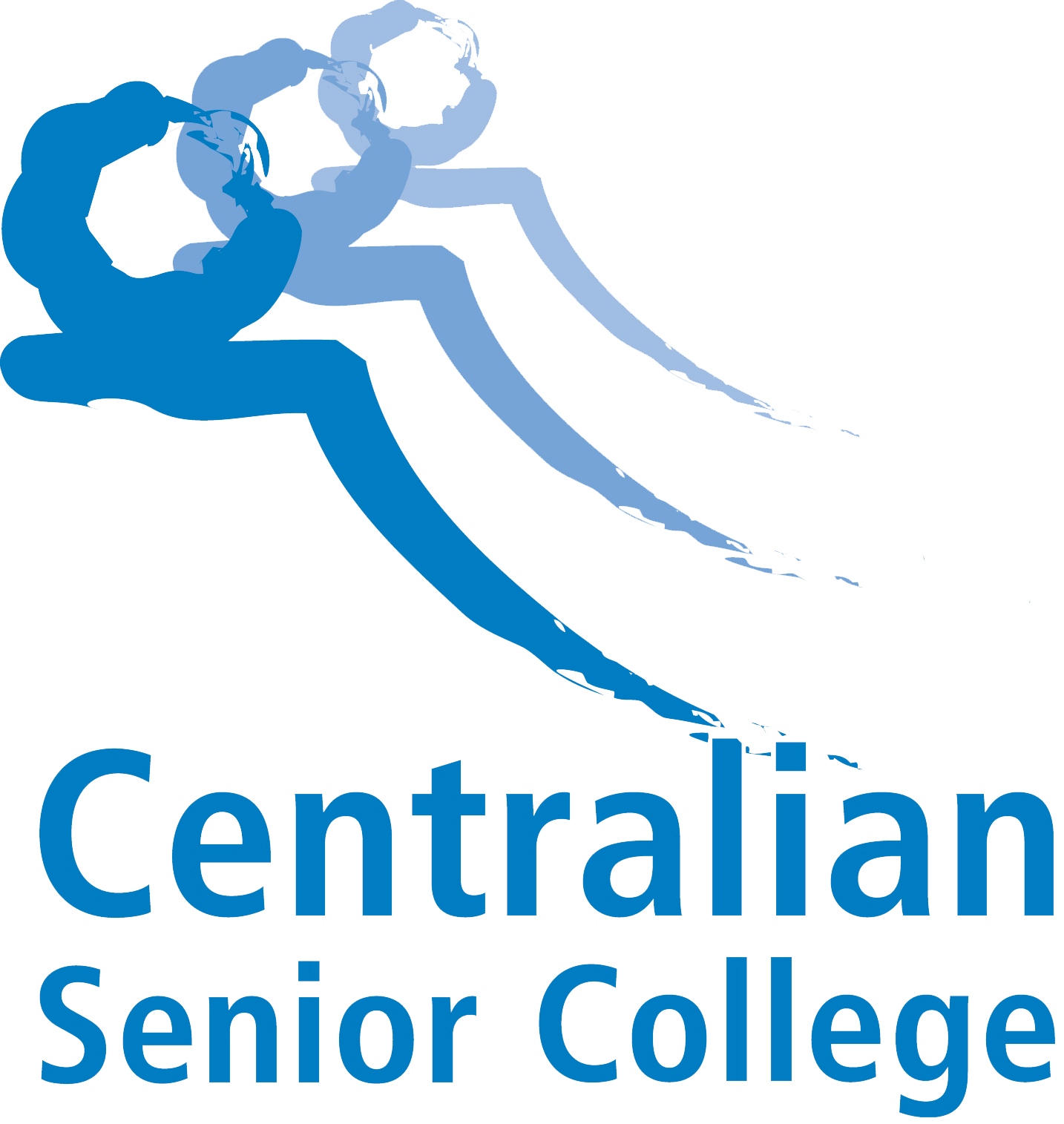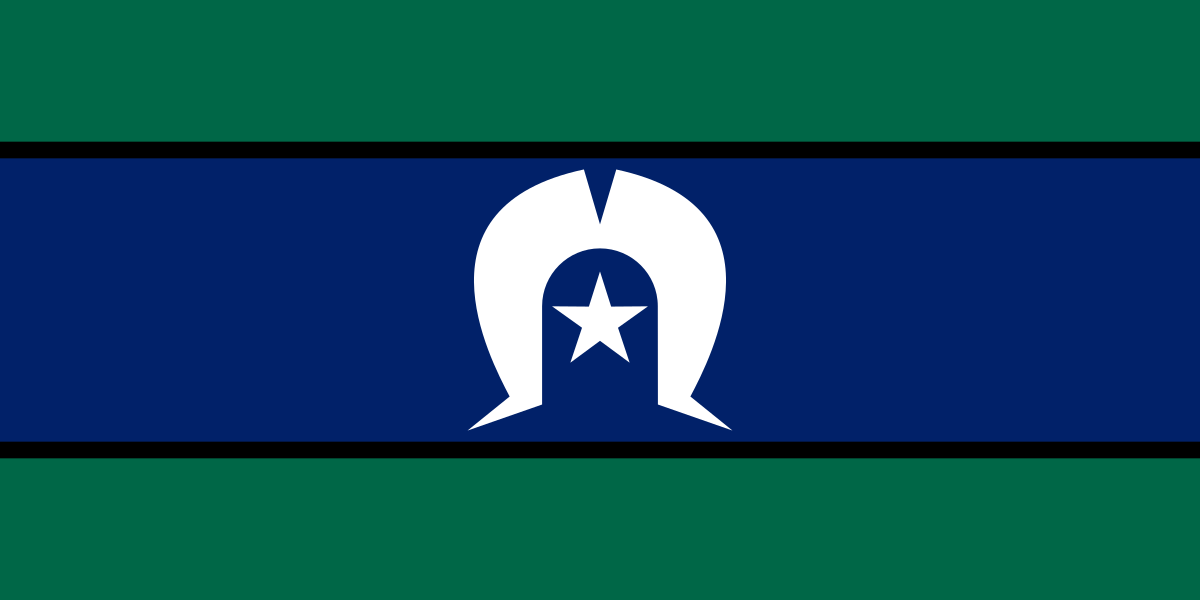|
Assessment
|
Assessment is a process of making considered and informed judgments about learning. It is a dynamic process demonstrating what learners can and cannot do and determines how well learners have achieved the intended outcome/s of a particular course.
Assessment has the educational function of describing the performance and promoting the development of the learner whilst meeting the needs of the College, the educational system and society at large (parents, employers, and the wider community) to be informed about the outcomes of particular learning programs.
Assessment is an integral part of the whole learning process and enables teachers to:
- identify what learners know and can do / don’t know and cannot do
- monitor and evaluate the success of the learning program/s at periodic intervals
- monitor the achievement of learning outcomes and ascertain whether course and program outcomes have been achieved
- modify learning programs and plan for remediation and / or extension for students
- ensure continuity in student learning
- provide feedback about student performance to the students and other relevant, interested parties
- demonstrate their accountability to students, parents and the education system.
There are two broad categories of assessment recognised as integral to the teaching and learning process – formative and summative. Teachers at Centralian Senior College employ a ranges of assessment procedures for both formative and summative assessment of students.
Formative Assessment is the ongoing diagnostic assessment of student learning. It allows feedback to students on their strengths and weaknesses. It also allows teachers to describe what students can and cannot do. Formative assessment is an essential tool for allowing teachers to form and / or adjust the teaching/learning process within their courses.
Summative Assessment measures the extent to which students have attained the outcomes identified for a particular course or unit of work. Summative assessment tasks are usually set at the end of a unit of work or a teaching and learning block. They are the work requirements through which students demonstrate their understandings of what has been studied.
Policy Statement
The Centralian Senior College Assessment Policy follows that of the SACE Board of South Australia and the Northern Territory Board of Studies (NTBoS). The principle underlying assessment is that of social justice and equity.




